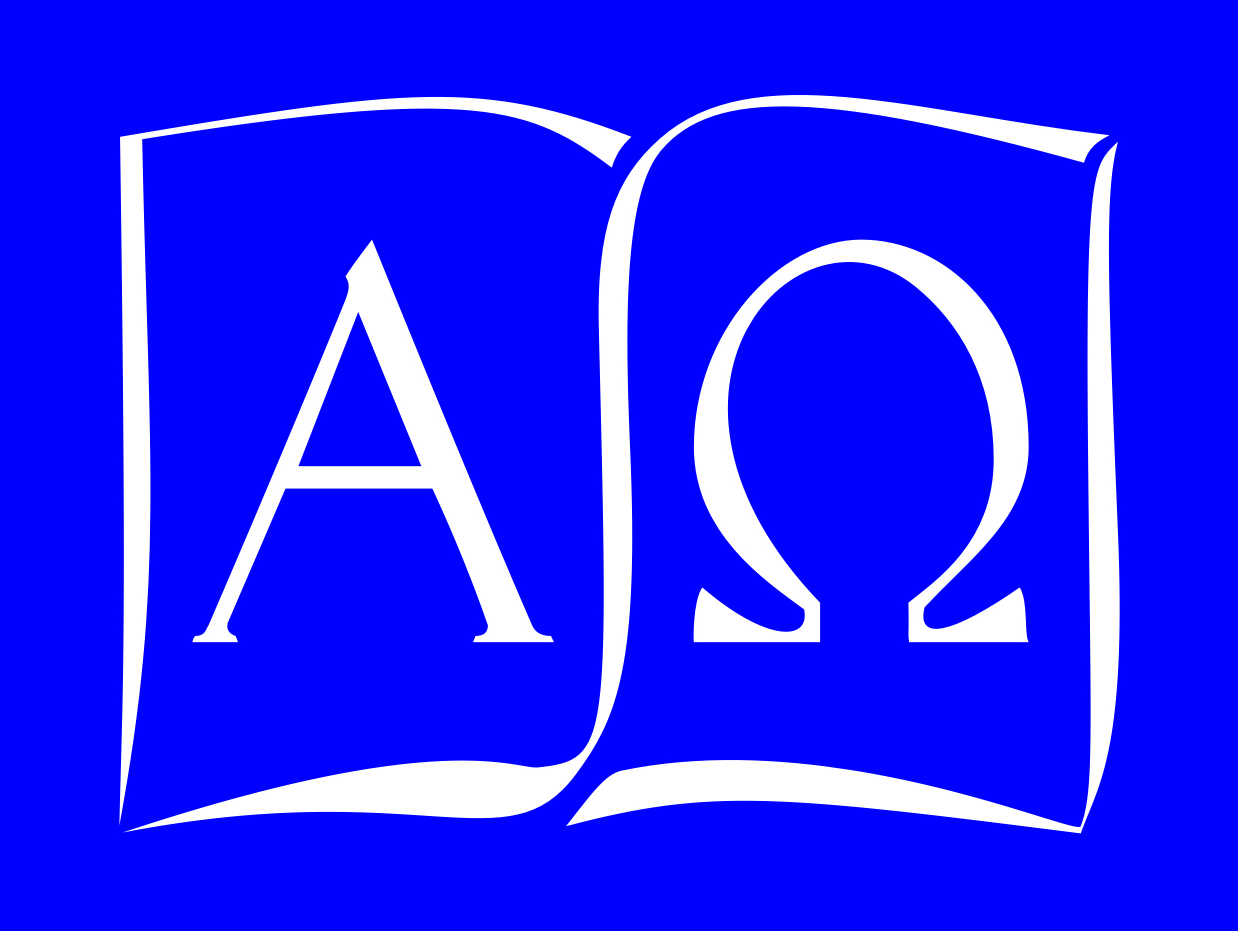Classical Christian Education — What is it?
What is Classical Education?
There is a fair spread of opinion on what constitutes classical Christian education; since it's largely a matter of definition, rather than something subject to objective external verification, instead of debating the various uses of the term here, we have collected a few essays (and hope to add more over time) on how we are using the term here, and what some of its characteristics might be. [For a view of how this works in practice, you may want to look at our course planning tool.]
Classical Studies and Christian Education
In certain circles these days one finds the phrase “classical Christian education” tossed about rather freely, as if its meaning were self-evident or were the name of a political party with a well-defined platform or manifesto. In fact it is neither. It’s not always clear what a given person means by it: some seem to have a clear notion for their own part, but while they all seem to agree that what they call “classical” and “Christian” is desirable, it soon becomes clear that they aren’t all talking about the same thing. While it’s probably impossible to get rid of the ambiguities entirely, perhaps a bit of historical review and a few pointed questions will help bring some perspective to the discussion. More online...
A downloadable PDF Version of "Classical Studies and Christian Education" is available for your personal use. You may not republish this paper elsewhere.
Reading and Christian Charity
Over my years as a teacher, I have had parents and students challenge me on my choice of literature on the grounds that some of it was not morally suitable. Among the works that have fallen under their scrutiny are the Iliad (for violence), the Oedipus Rex of Sophocles (patricide, incest), the Volsunga Saga (murder, incest), the plays of Shakespeare (murder, bawdry, violence, drunkenness, adultery, lying, theft, treason...the list is nearly endless), and Frankenstein and “The Importance of Being Earnest” (their authors’ lifestyles). Teaching the various pagan myths, furthermore, has been variously condemned on the ground that they presume false gods. Even some students who have come looking specifically for classical education have not been able to refrain from ridiculing the Greeks for their beliefs.
Most of these people have good intentions. The behavior to which they are objecting is usually indeed objectionable. We should not practice murder or incest or adultery; we should not steal to become wealthier, or kill others to enhance our personal glory; we should not embrace any of the thousand human vices that are detailed almost any selection of literature one could pick. We should not be moved by admiration for a work to emulate its author’s bad behavior, either. And I would certainly affirm that the gods of Olympus and Valhalla are fictions, and that any inclination to worship them ourselves ought to be suppressed. So why should we concern ourselves with literature that includes them—and if we do, how should we approach them? It’s a good question, requiring a serious answer. More online...
A downloadable PDF Version of "Reading and Christian Charity" is available for your personal use. You may not republish this paper elsewhere.
Members of the Scholars Online community also participate in chats and forums discussing the essential aspects of classical Christian education and the best ways to achieve it for our individual students.
 Scholars Online is fully accredited through the Middle States Accreditation Commissions on Elementary and Secondary Schools.
Scholars Online is fully accredited through the Middle States Accreditation Commissions on Elementary and Secondary Schools.
Hosted on Interserver


